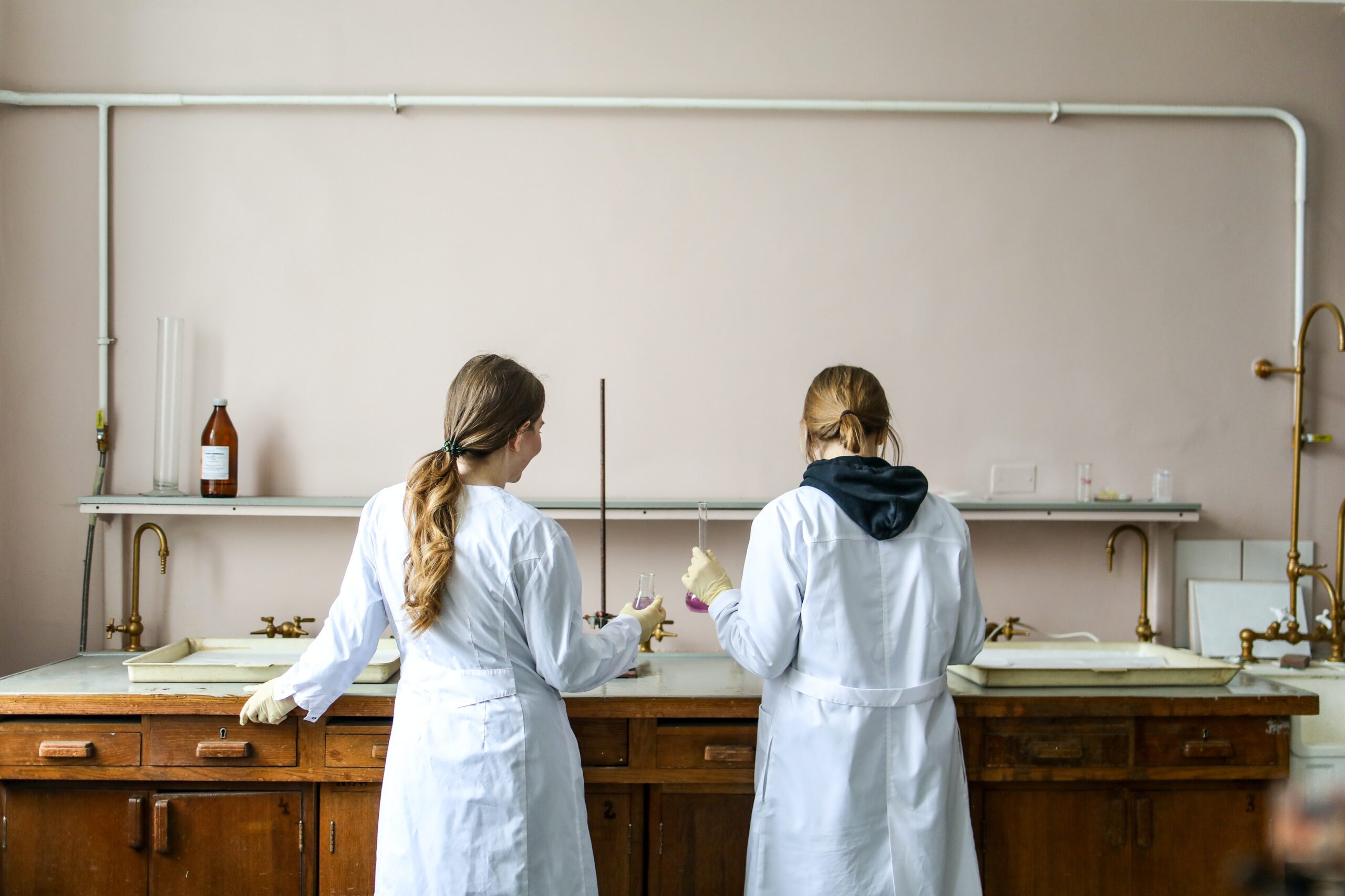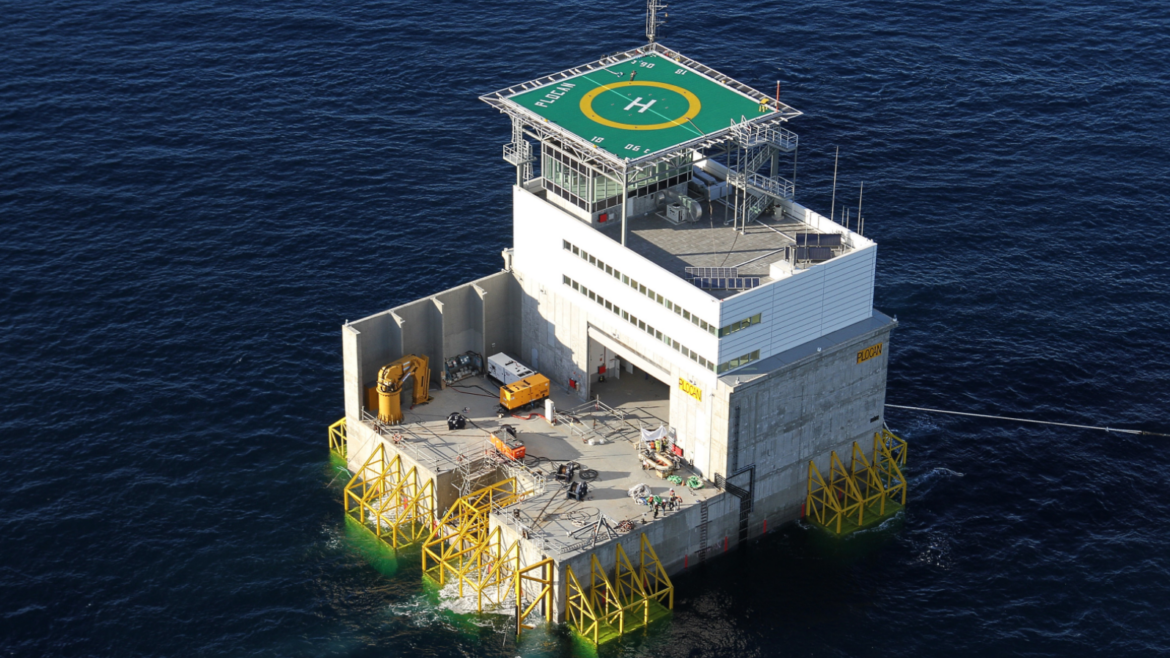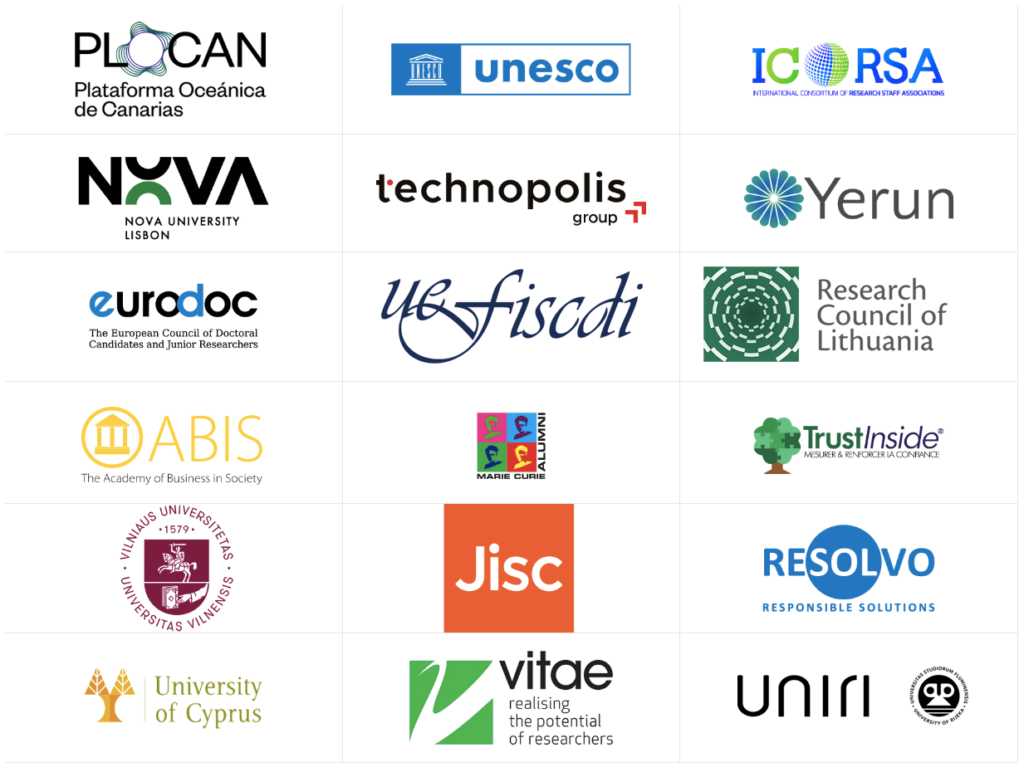Scientific Research Raises People From Poverty
Scientific Research Raises People From Poverty https://opusproject.eu/wp-content/uploads/2023/03/pexels-riya-kumari-874684.jpg 1 1 Open and Universal Science (OPUS) Project https://opusproject.eu/wp-content/uploads/2023/03/pexels-riya-kumari-874684.jpgScientific research has been instrumental in lifting people out of poverty, improving their quality of life, and helping them realize their full potential. Through innovative ideas, groundbreaking discoveries, and cutting-edge technologies, scientific research has transformed the world we live in, making it a better place to live for all.
One of the most significant contributions of scientific research to poverty reduction has been in the field of agriculture. Modern agricultural techniques have increased crop yields, reduced soil degradation, and improved the quality of crops, resulting in higher incomes for farmers and improved food security for communities. Advances in agricultural science have enabled farmers to grow crops in previously barren areas, leading to increased production and income.
Medical research has also played a vital role in reducing poverty, improving people’s health and well-being. Through the development of vaccines and medicines, scientists have helped to prevent and treat diseases that have historically plagued impoverished communities. Medical research has also led to the discovery of new treatments for chronic diseases, such as diabetes, cancer, and heart disease, which disproportionately affect low-income communities.
In addition to agriculture and medicine, scientific research has also contributed to poverty reduction through the development of renewable energy technologies. Access to affordable and reliable energy is critical for economic development, and renewable energy technologies such as solar, wind, and hydroelectric power have the potential to provide clean and sustainable energy to millions of people around the world. Scientific research has helped to improve the efficiency and cost-effectiveness of these technologies, making them more accessible to low-income communities.
Furthermore, scientific research has also contributed to poverty reduction through the development of innovative solutions to social problems. For example, researchers have developed low-cost water filtration systems, which have helped to provide clean drinking water to communities in developing countries. Similarly, advances in information technology have enabled low-income communities to access educational resources and job opportunities, helping to break the cycle of poverty and improve their quality of life.
Scientific research has been instrumental in raising people out of poverty and improving their lives. Through innovative ideas, groundbreaking discoveries, and cutting-edge technologies, scientists have transformed the world we live in, making it a better place for all. As we continue to face complex challenges, such as climate change, inequality, and global health crises, scientific research will continue to play a critical role in addressing these issues and improving the lives of people around the world.





